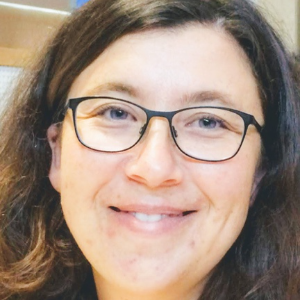Abstract:
Honey is a highly consumed and appreciated functional food due to its nutritional properties including antioxidant, antimicrobial, anti-inflammatory and anticancer components. In addition, the importance of beekeeping activity in the society, are of huge importance in accordance with the Sustainable Development Goals 2, 12 and 15, targeting the promotion of sustainable agriculture, quality production, and sustainable use of terrestrial ecosystems. Though, concerns about the possibility of the occurrence of contaminants in honeybee products, from anthropogenic activities (urbanization and intensive agriculture practices), must be monitored. In one hand we have the possibility of having contaminated food products which can be potential threatening for consumers, and, in the other hand, the possibility of using honey and by-products, as bioindicators of persistent human-hand contaminants in the ecosystem should be considered. The analysis of anthropogenic contaminants in the environment by use of hive products is being reported proving that this possibility may be used for policy research. In addition to the occurrence of contaminants, including pharmaceutical residues, the use of bee products to assess the antimicrobial resistance genes dissemination is also an issue of growing interest.
Audience take away notes:
- Be aware of potential persistent pollutants.
- How anthropogenic contaminants can be found in food products and especially in honeybee products.
- Understand the possibility of using a highly nutritional product also to bio-monitor contaminants in the ecosystem.




